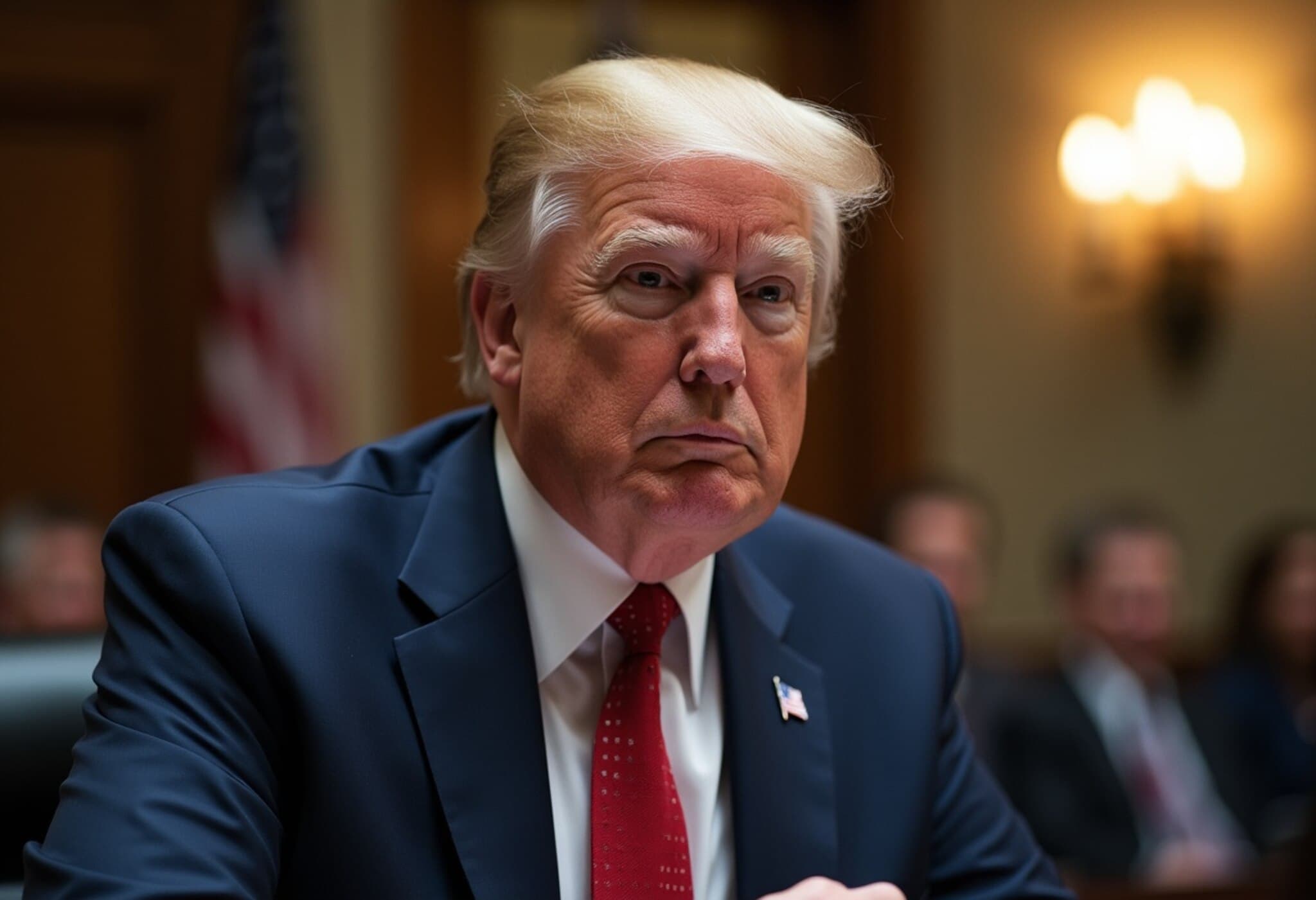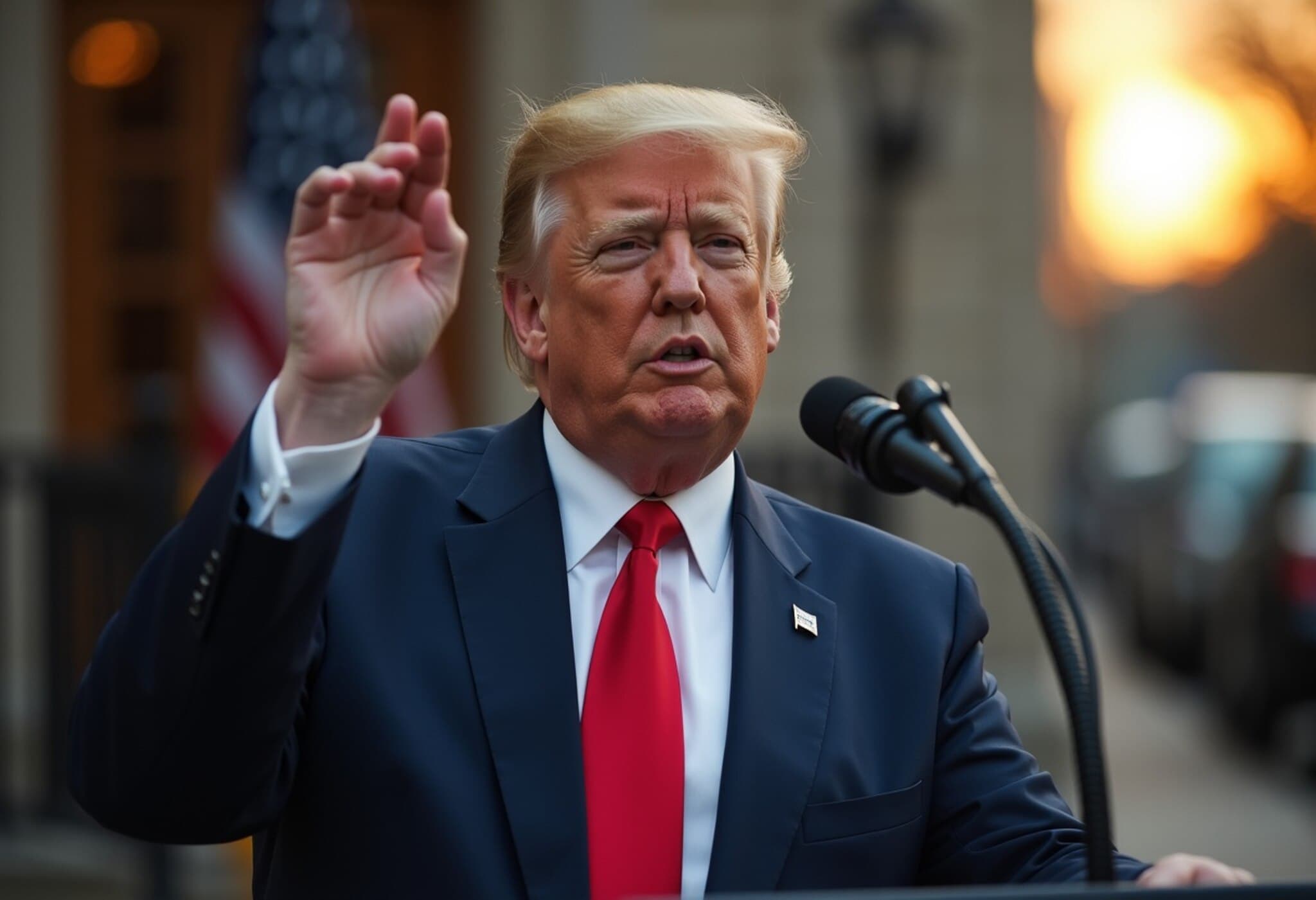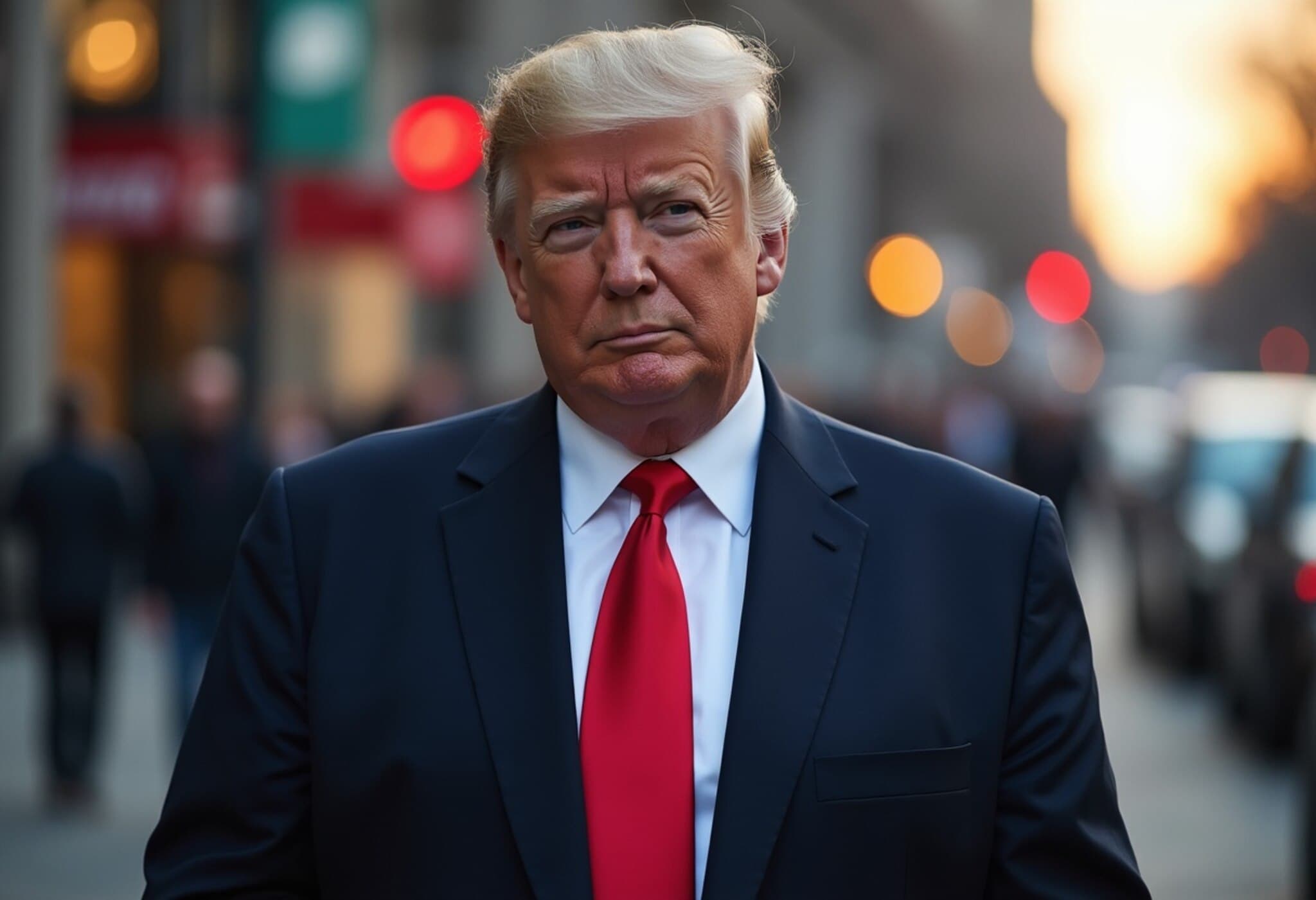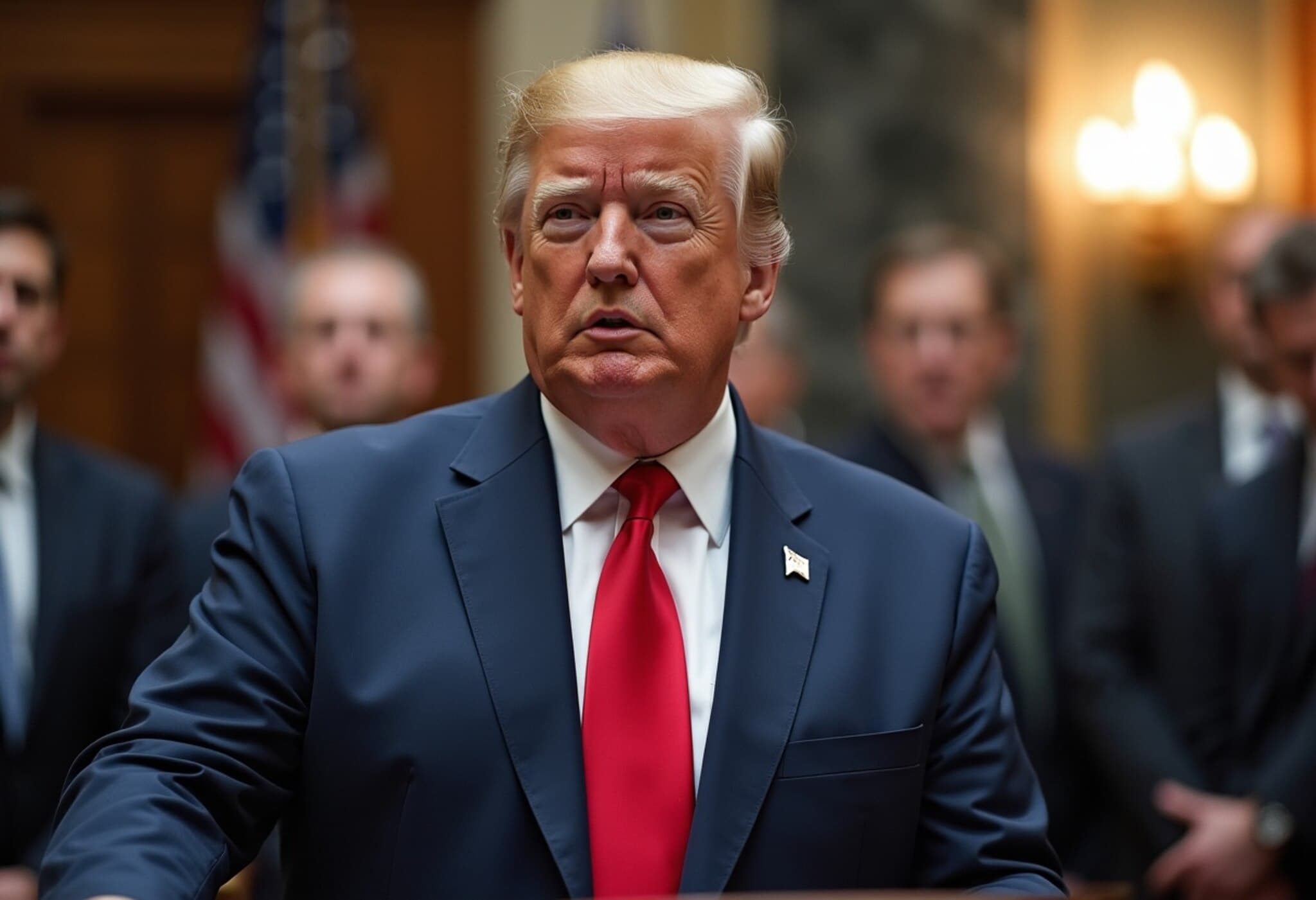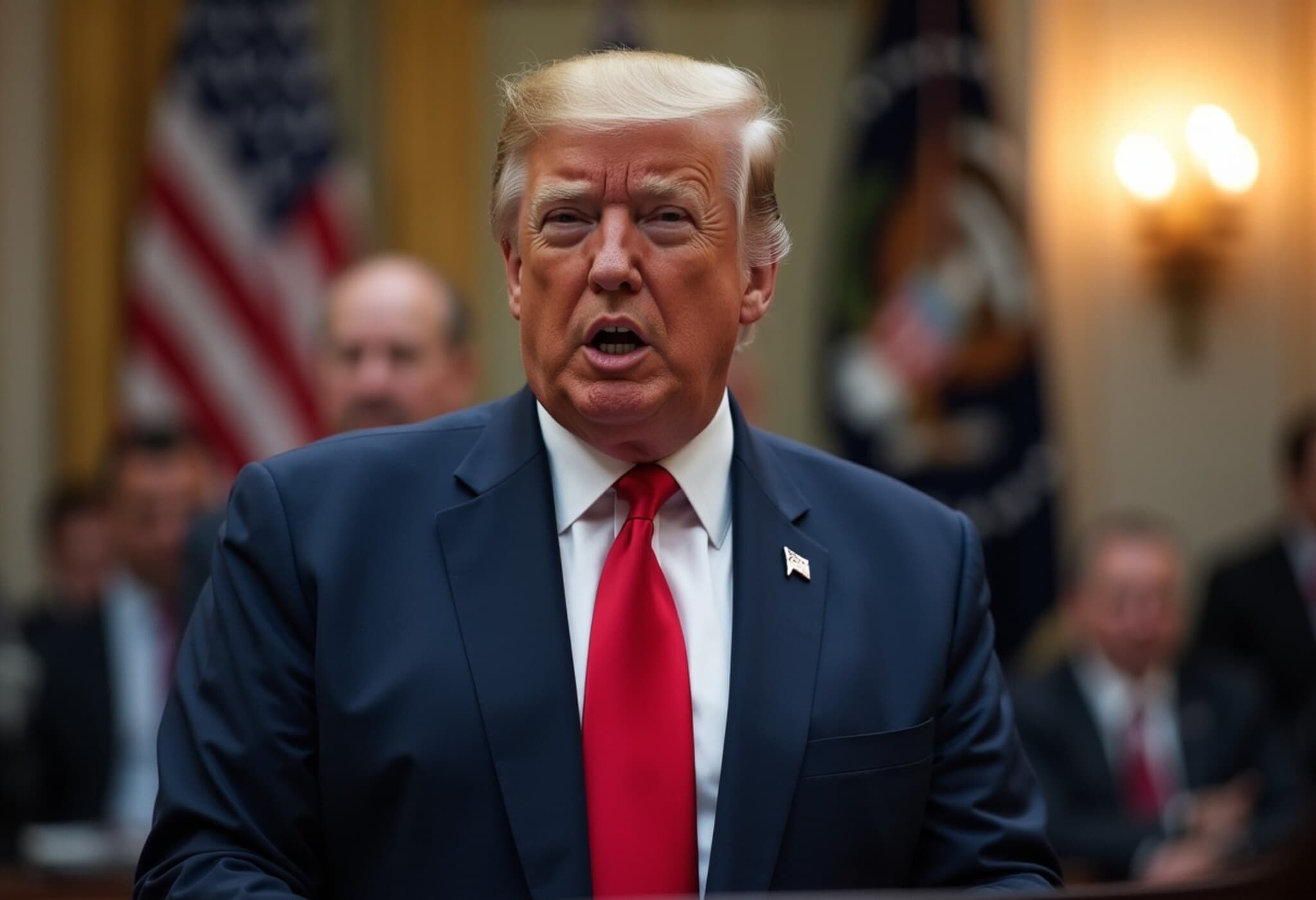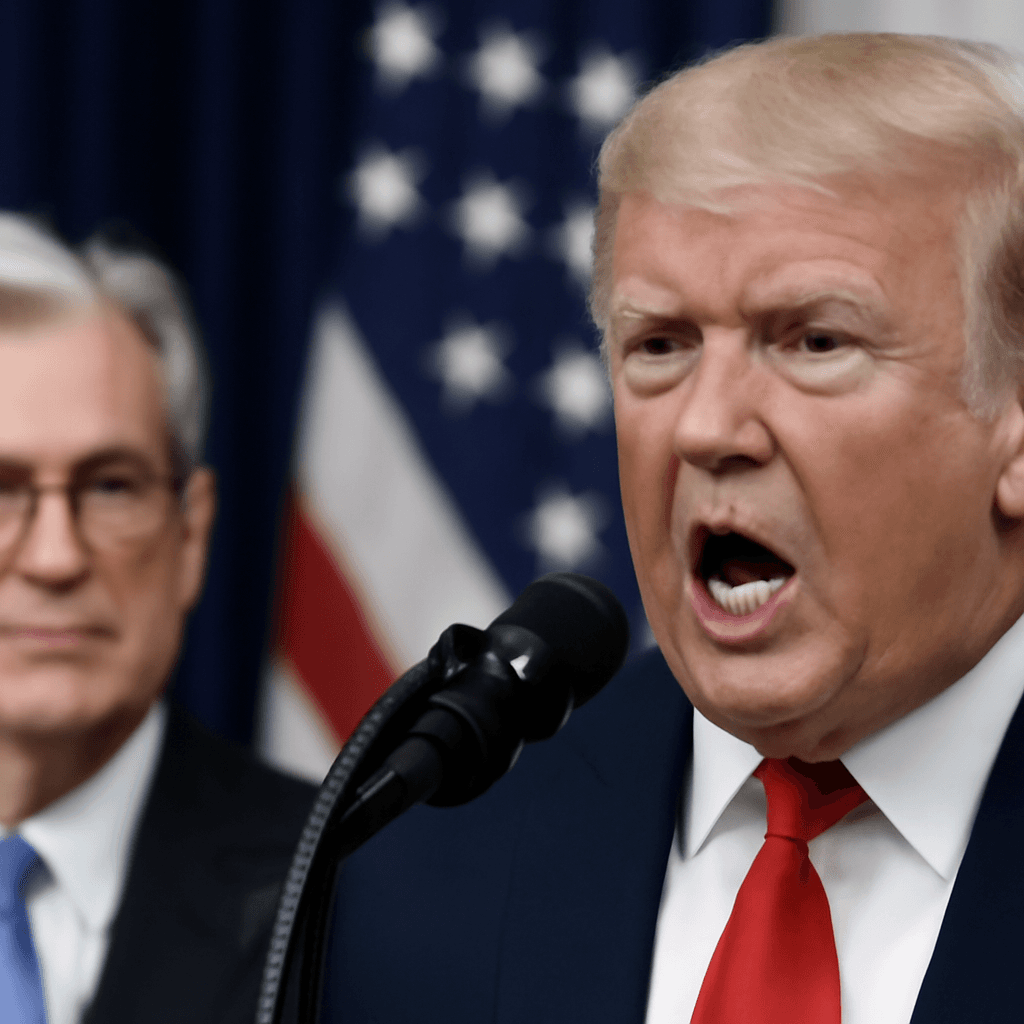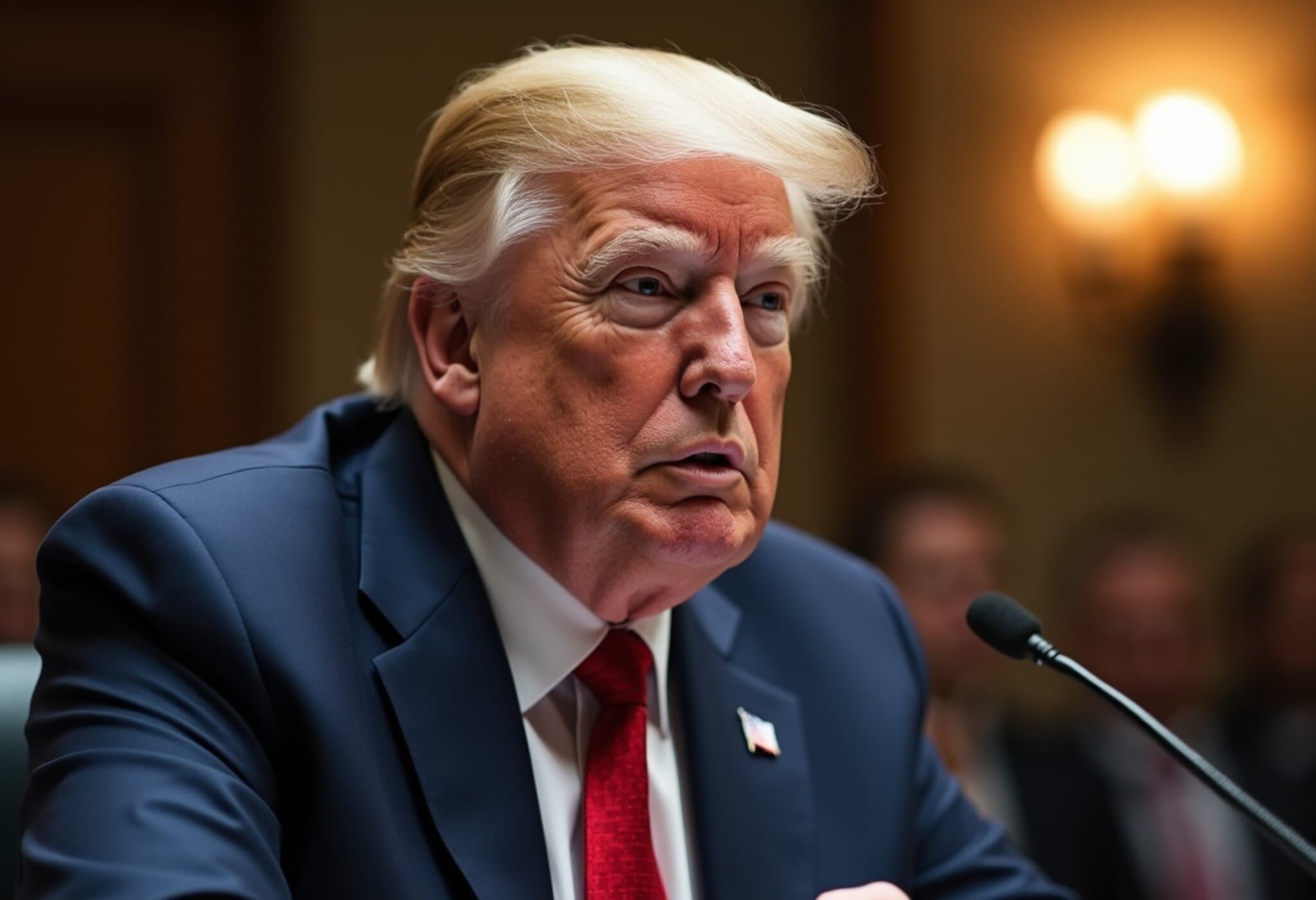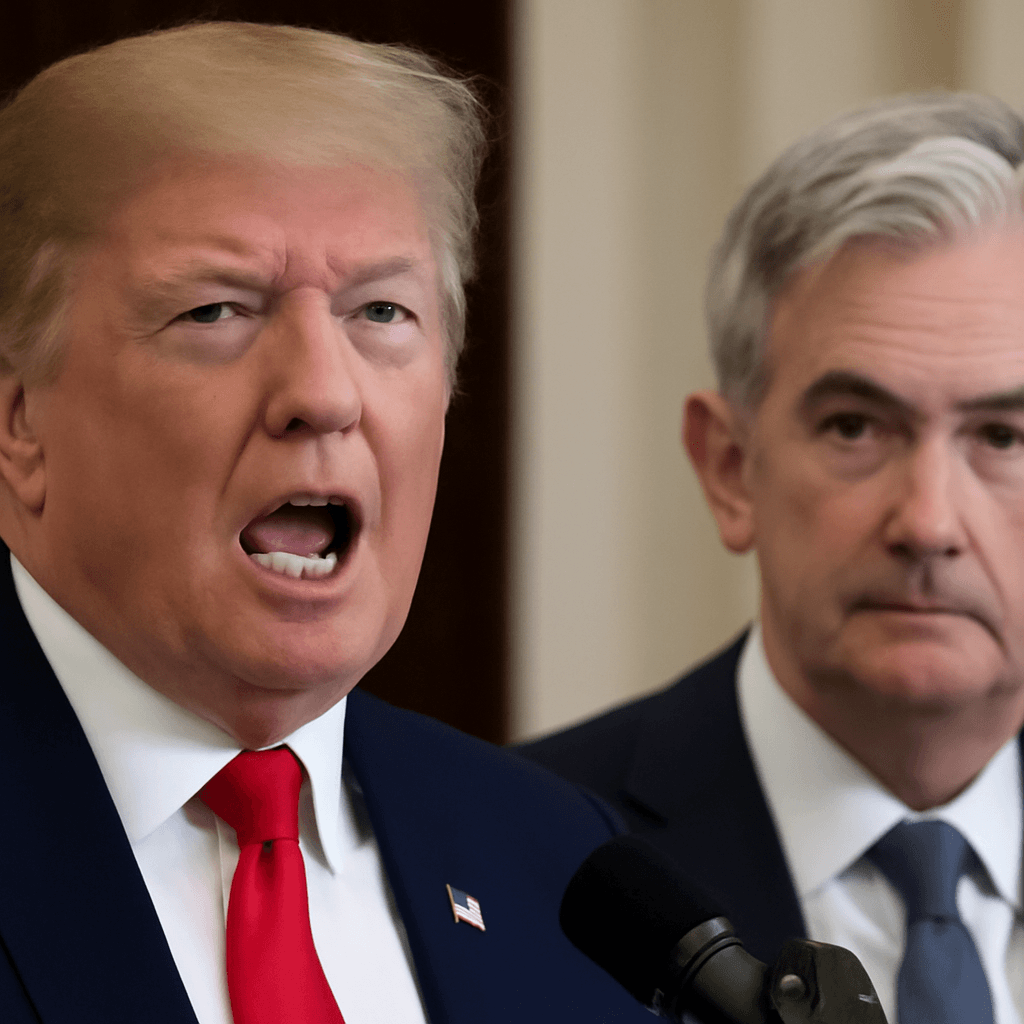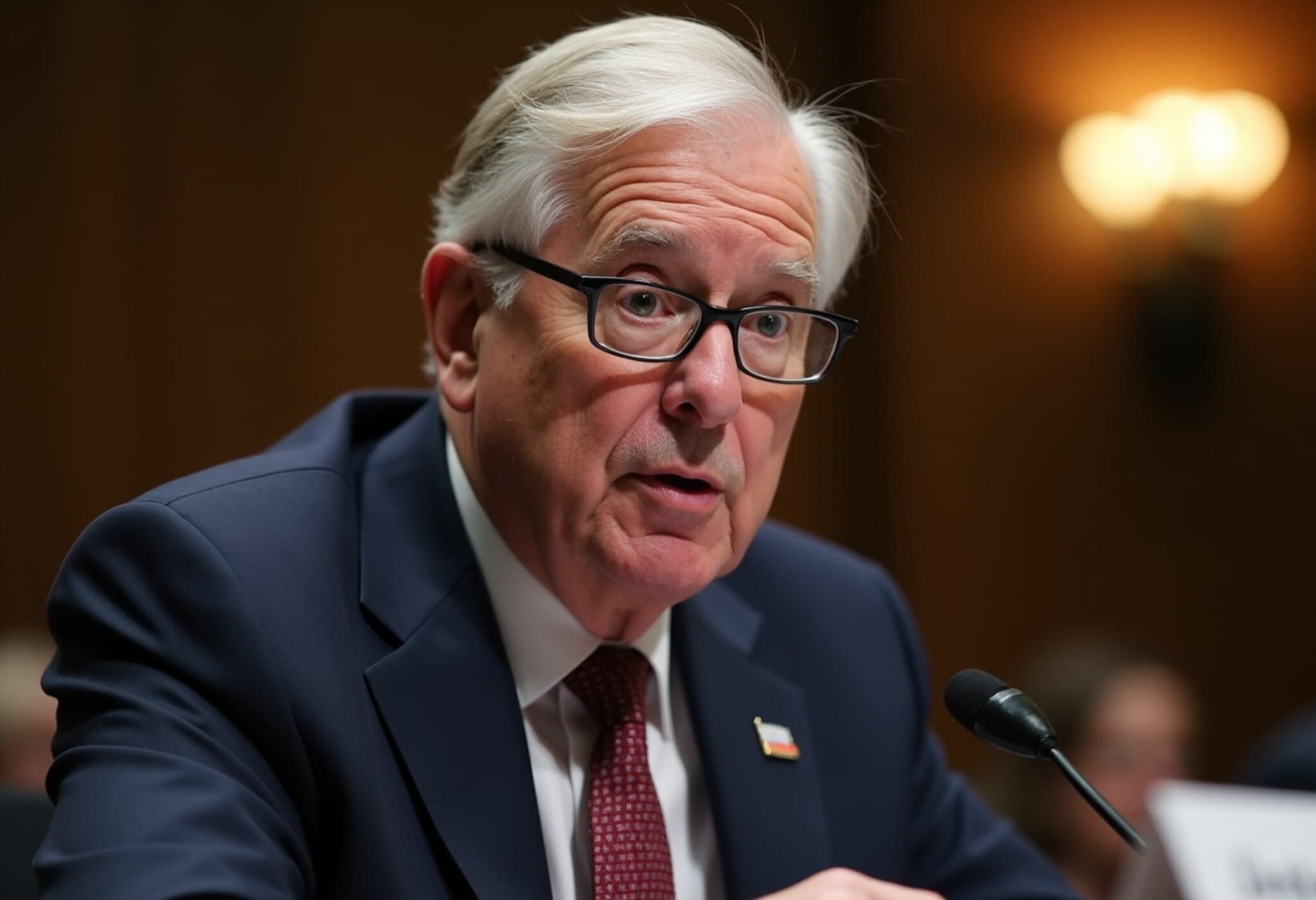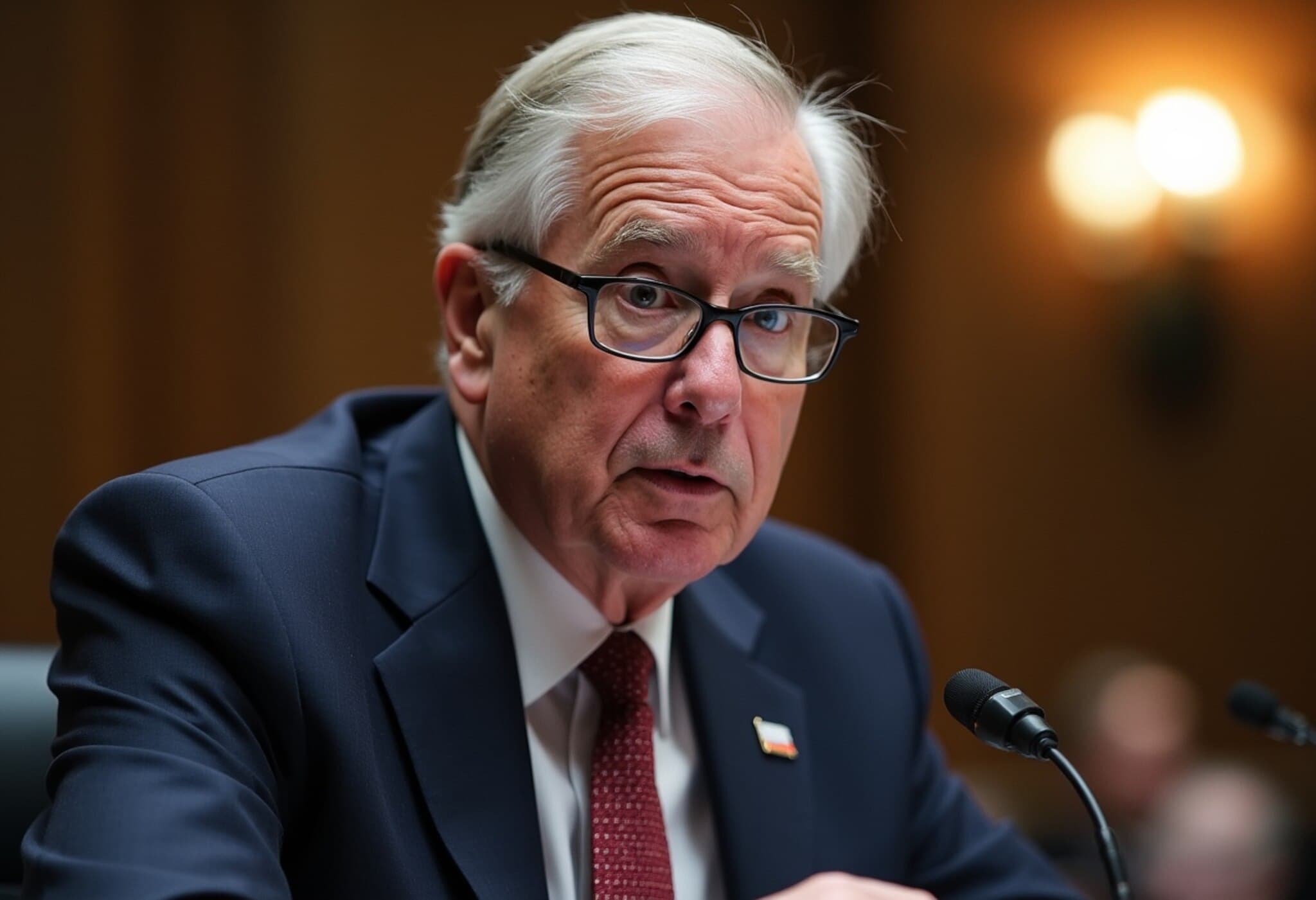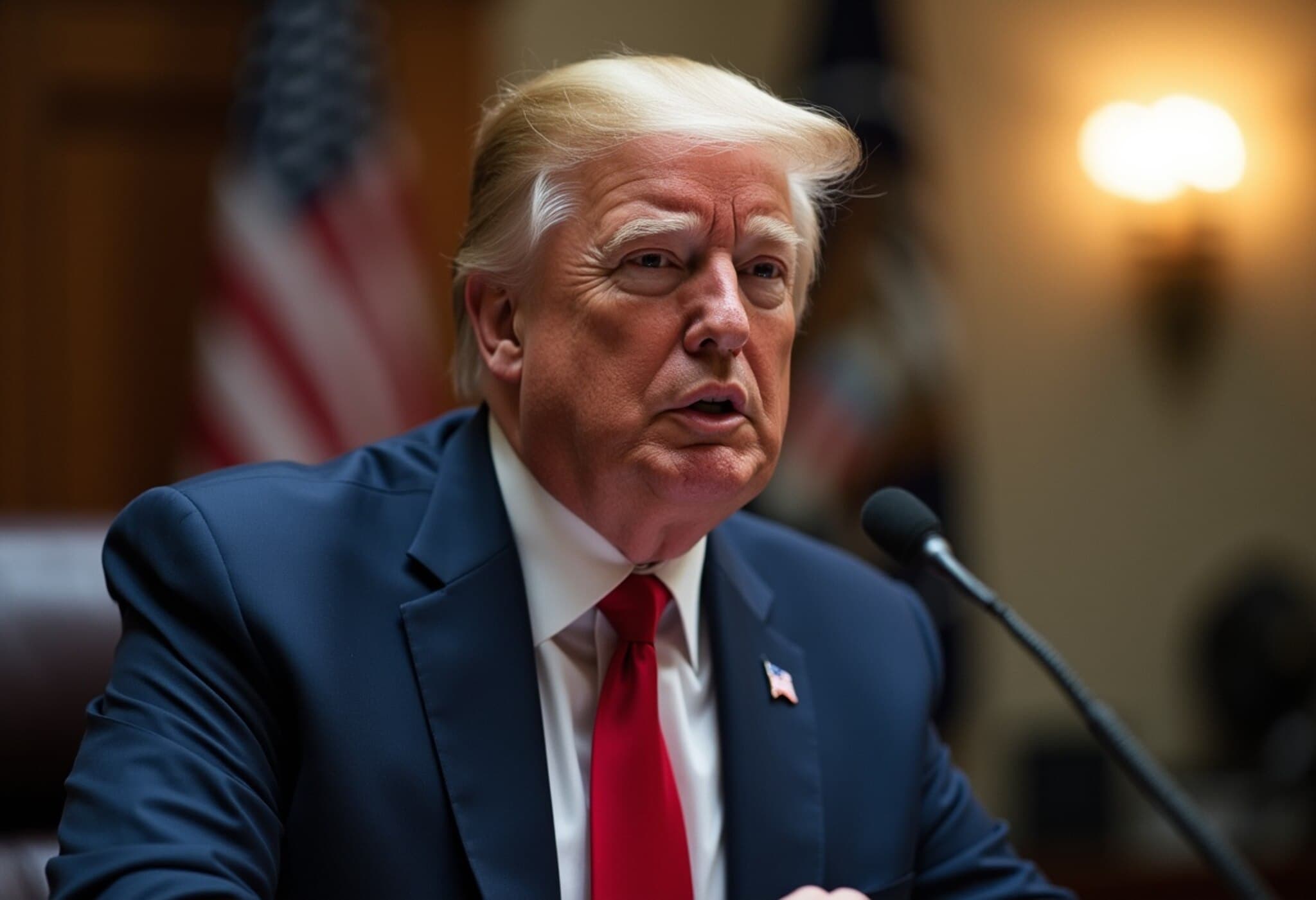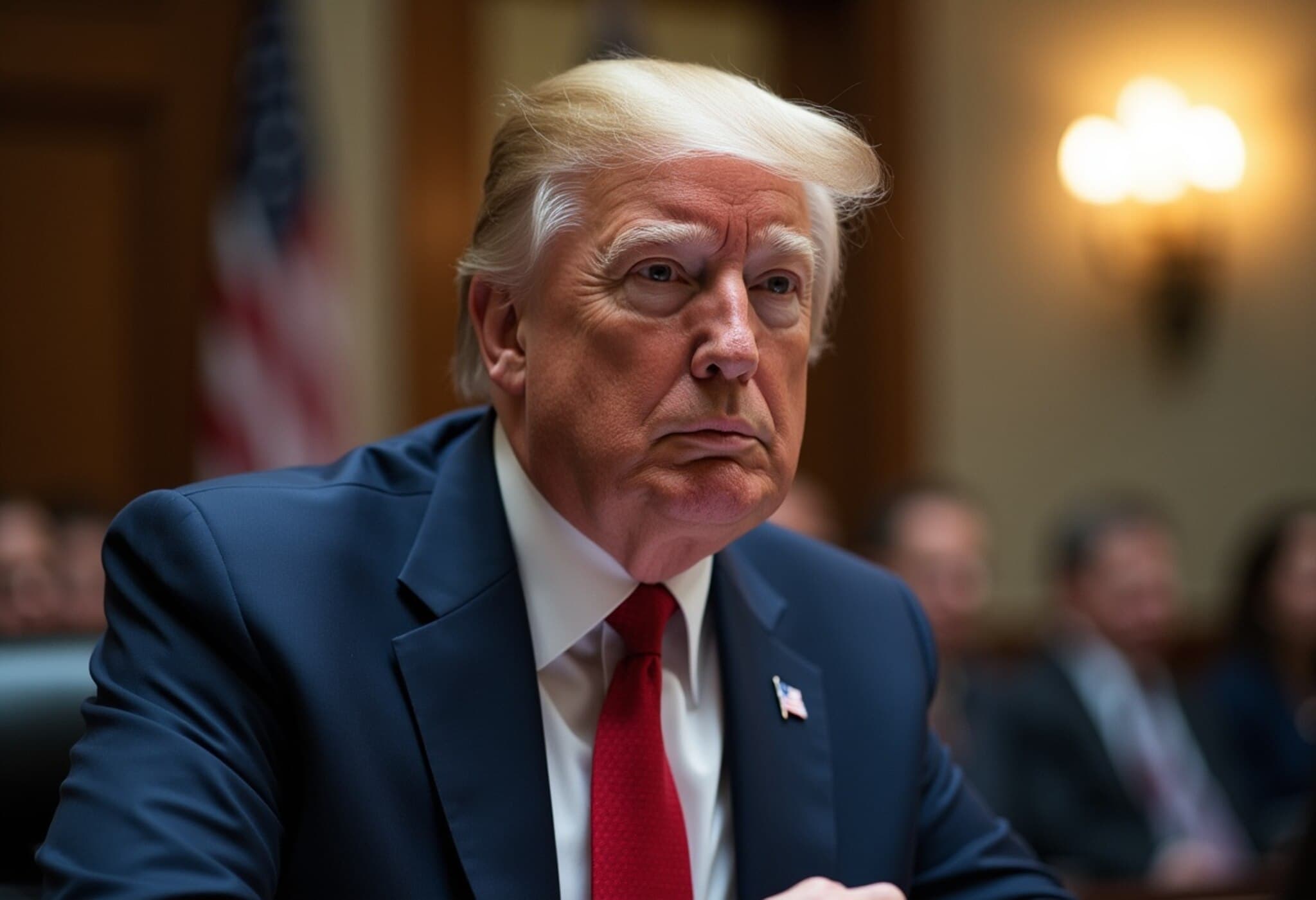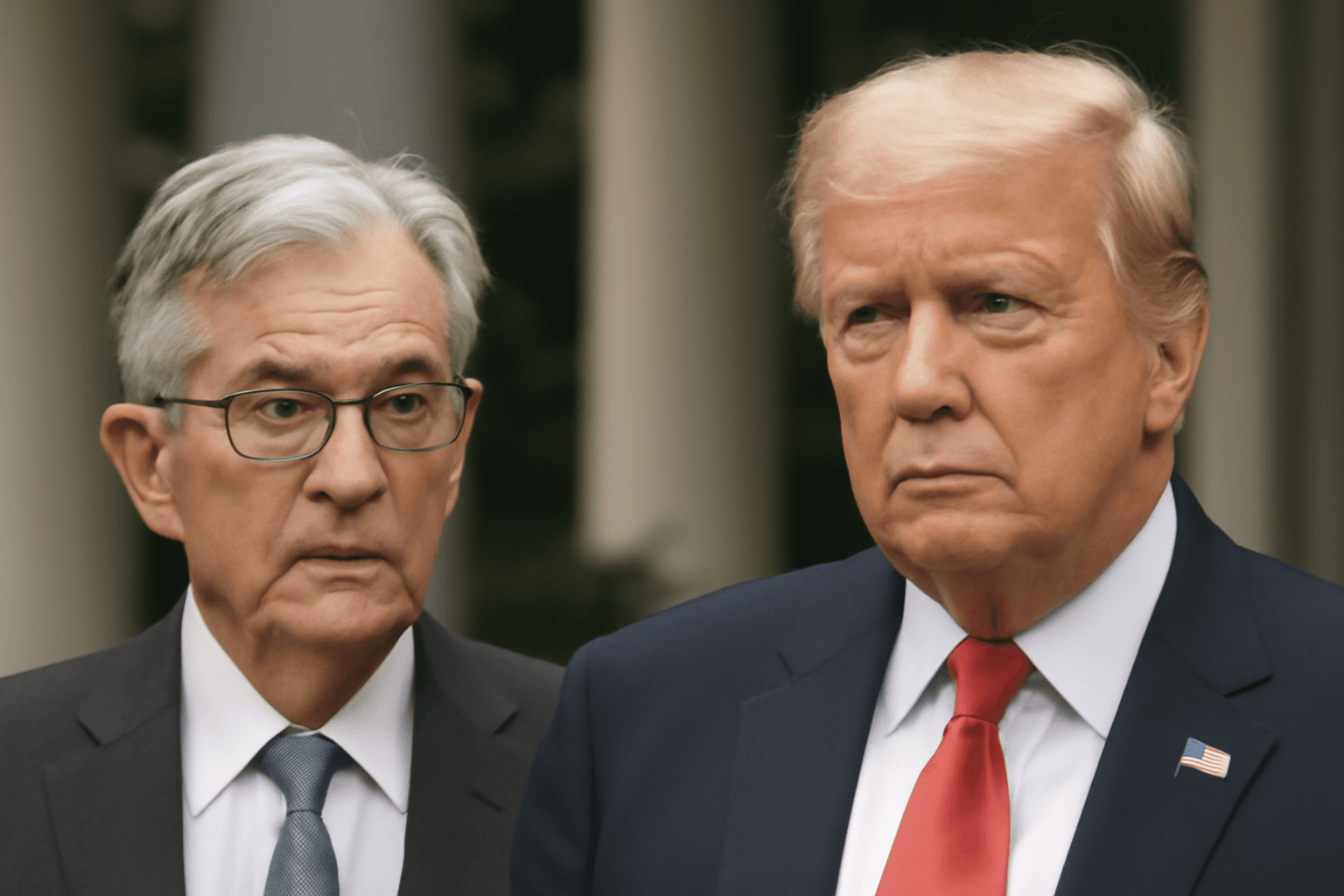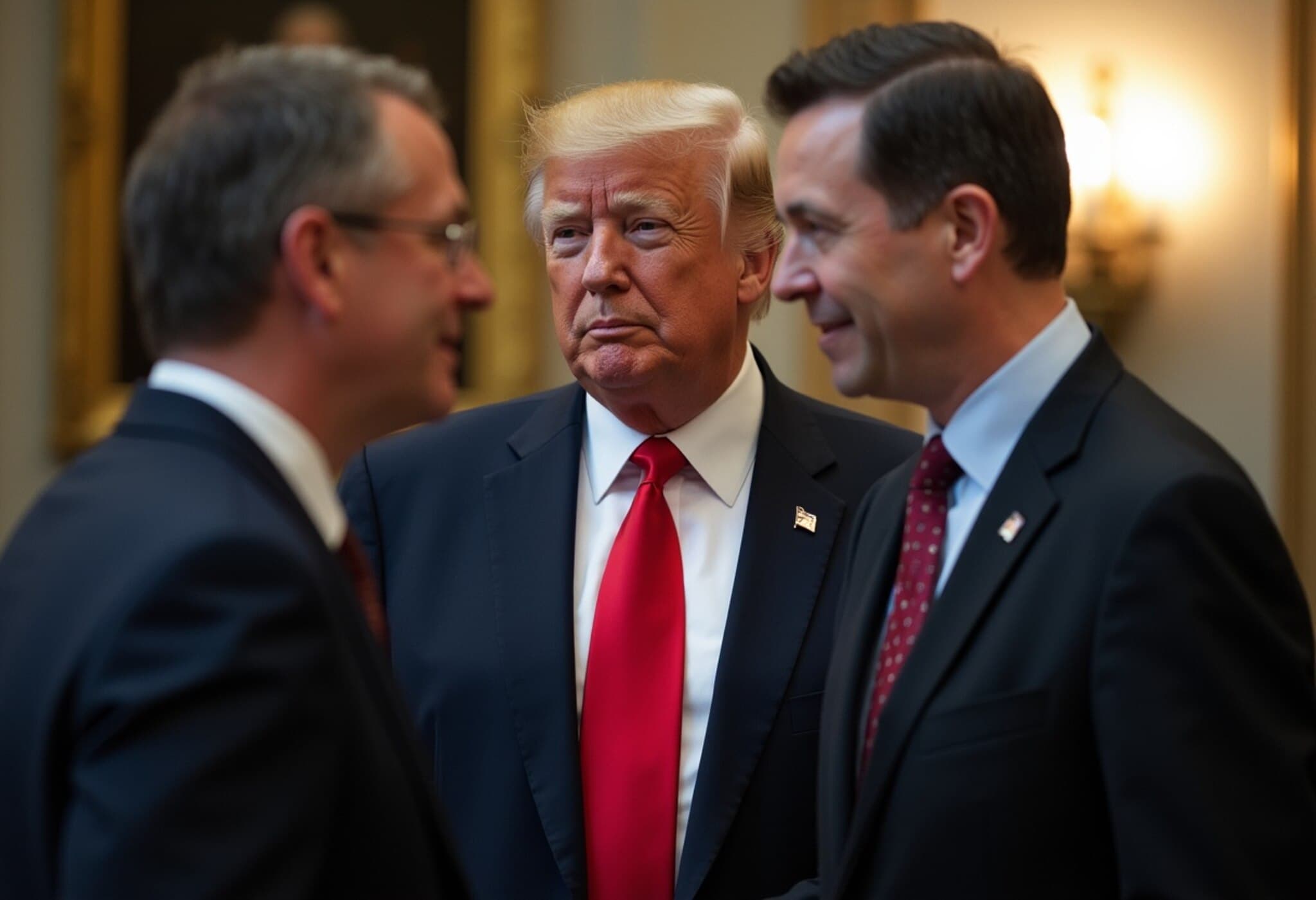Treasury Secretary Scott Bessent Advises Trump on Risks of Removing Fed Chair Powell
In a surprising twist within the Trump administration, Treasury Secretary Scott Bessent reportedly cautioned President Donald Trump against dismissing Federal Reserve Chair Jerome Powell before the completion of his term next spring. According to a Wall Street Journal report, Bessent highlighted the potential legal, political, and economic turmoil such an unprecedented move could unleash.
Economic and Legal Risks at the Forefront
Bessent's warnings underline the gravity of firing a sitting Fed Chair, emphasizing that abrupt removal could destabilize financial markets and plunge the Federal Reserve into uncharted legal territory. This concern is amplified by the fact that the Federal Reserve operates with a significant degree of independence to protect economic stability, and dismissing its leader prematurely could spur protracted court battles—possibly escalating to the U.S. Supreme Court.
Furthermore, Bessent noted that the Fed seems poised to ease monetary policy with interest rate cuts later this year, hence negating the rationale behind removing Powell. His stance distinctly contrasts with other high-ranking Trump officials who have ramped up criticism against Powell for his cautious approach to interest rate adjustments.
Growing Frustration within the Trump Administration
President Trump has repeatedly expressed frustration with Powell’s reluctance to lower short-term interest rates aggressively. However, this latest dynamic reveals a fracture within the administration: while some advisors publicly lambast Powell for mismanaging the economy—and even question administrative decisions such as the Federal Reserve’s renovation project expenditures—Treasury leadership urges restraint.
- White House Budget Director Russell Vought has criticized Powell over the renovation’s cost overruns, raising transparency and accountability concerns.
- Powell responded by affirming the Board’s commitment to public accountability and transparent decision-making.
Implications for U.S. Monetary Policy and Institutional Independence
The discord surrounding Powell’s leadership is not just a political squabble but strikes at the heart of Federal Reserve independence—a cornerstone of the U.S. financial system designed to insulate monetary policy from short-term political pressures. Experts warn that undermining this independence could unsettle investor confidence and inject volatility into markets already sensitive to inflation and economic growth concerns.
Legal scholars point out that no Fed Chair has ever been removed mid-term; doing so now could set a precarious precedent, stirring constitutional debates and potentially destabilizing institutional norms that have supported decades of U.S. economic resilience.
Editor’s Insight: Navigating Political Pressure and Economic Stability
Scott Bessent’s intervention reflects a critical awareness of the delicate balance between political influence and economic stewardship. In an era where central banks globally face increasing politicization, Bessent’s cautionary advice serves as a reminder of the risks involved in disrupting established frameworks that underpin trust in the nation’s financial system.
Looking ahead, the unfolding drama provides a compelling case study in governance, where the consequences of political decisions may ripple far beyond Washington, impacting everything from market confidence to the everyday financial stability of American households.
Key Takeaways:
- Firing Fed Chair Jerome Powell mid-term would be historically unprecedented and fraught with legal challenges.
- Bessent underscores the potential for negative market reactions and political fallout, contrasting sharply with more confrontational voices in the administration.
- The debate captures a broader conflict over Federal Reserve independence amid rising political scrutiny.
The Treasury Department and White House have yet to respond to inquiries regarding these reports.

